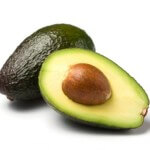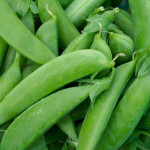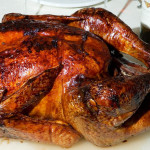To maintain a normal weight and to be healthy, we all need to eat Low Glycemic food.

Do you know what that means?
WHAT IS IT?
It is a ranking of carbohydrates on a scale of 0-100 according to the extent to which they raise blood sugar levels after eating.
Foods with a high GI are those which are rapidly digested and absorbed, and quickly elevate the blood sugar and insulin levels.
Low GI foods are digested and absorbed slowly producing a gradual rise in blood sugar and insulin levels which is healthier for your body.
The number is based on how much a food item raises blood glucose levels compared to how much pure glucose raises it.
Pure glucose has a GI of 100.
Carbohydrates (carbs) are a type of nutrient in foods. The three basic forms are sugars, starches, and fiber.
When you eat or drink something with carbs, your body breaks down the sugars and starches into a type of sugar called glucose.
Fiber just passes through the body.
Different carbs are digested at different rates and the glucose enters the bloodstream at different rates.
The GI of foods is ranked low, medium, or high.
LOW GI
0-55
MEDIUM GI
56-69
HIGH GI
70 or greater
Choose foods with a lower GI to maintain healthy levels of blood sugar and insulin.
These are called SLOW CARBS!!!!
(FAST CARBS are quickly converted to glucose in blood.)
NOTE: The quantity of a food impacts its GI
UNIVERSITY OF SYDNEY, Australia maintains the international Glycemic Index. Please see: GLYCEMICINDEX.COM
Examples of Low GI foods:
Nuts
Avocados

Olives

Seeds
Most Vegetables such as
Asparagus

Broccoli

Green beans

Cabbage
Squash
Spinach

Etc.
Berries

Lean Meats (Turkey, Chicken)


Beans (Black, Navy, White, Etc.)
Eggs

Scallops
Shrimp
Cod
Tuna

More fish
Plain yogurt
Learn what foods are Low Glycemic and enjoy a fabulous eating plan for life.
Please pass these words on to a friend …
